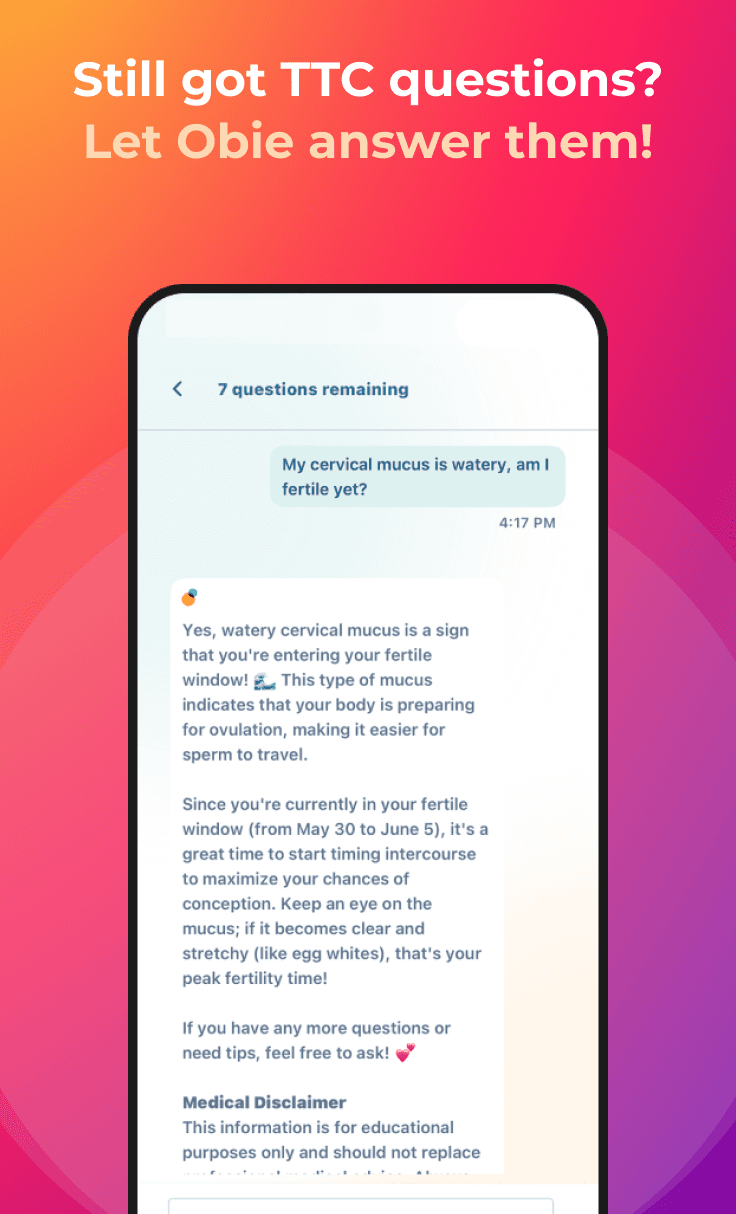Women Feel Positive About Egg Banking
Fertility and Infertility News
Obie Editorial Team
A new study shows that women feel positive about saving their eggs, although many women think they will never use the eggs they have stored. Egg freezing, known in some medical circles as oocyte banking, is on the rise as a form of insurance against age-related infertility. Women often bank oocytes for use sometime in the near future, after they find a suitable partner.
The study, performed by the Free University of Brussels, Belgium, found that many of the women who bank eggs think they may never use them. Despite this belief, the women who froze oocytes found the experience to be positive. Dr. Dominic Stoop from the hospital's Centre for Reproductive Medicine presented the study findings at the annual meeting of the European Society of Human Reproduction and Embryology (ESHRE). He reported that the majority of women surveyed said they wish they had frozen their eggs at a younger age.
The study was a follow-up survey of 140 women considering oocyte banking between 2009 and 2007; the mean age of the participants was 37. More than 60 percent of study participants completed at least one treatment cycle to collect and preserve eggs. When asked, about one-third of the women who completed at least one treatment cycle said they believed they would never have to use the eggs. An overwhelming 96.2 percent said they would do it again; 70 percent said they should have done it at an earlier age. Almost all said they would recommend oocyte banking to others.
Assisted Reproductive Technology (ART), is also a popular treatment for infertility in the United States. According to the Centers for Disease Control and Prevention (CDC), 163,039 ART cycles were performed in the United States during 2011, resulting in 47,818 deliveries of one or more living infants and 61,610 live-born infants. More than 1 percent of all infants born in the U.S. are conceived using oocyte banking and other forms of ART.
Source: European Society of Human Reproduction and Embryol. "Women Feel Positive About Egg Banking, Even Though Many Believe They Will Never Use The Eggs They Have Stored." Medical News Today. MediLexicon, Intl., 10 Jul. 2013. Web.
19 Sep. 2013.








